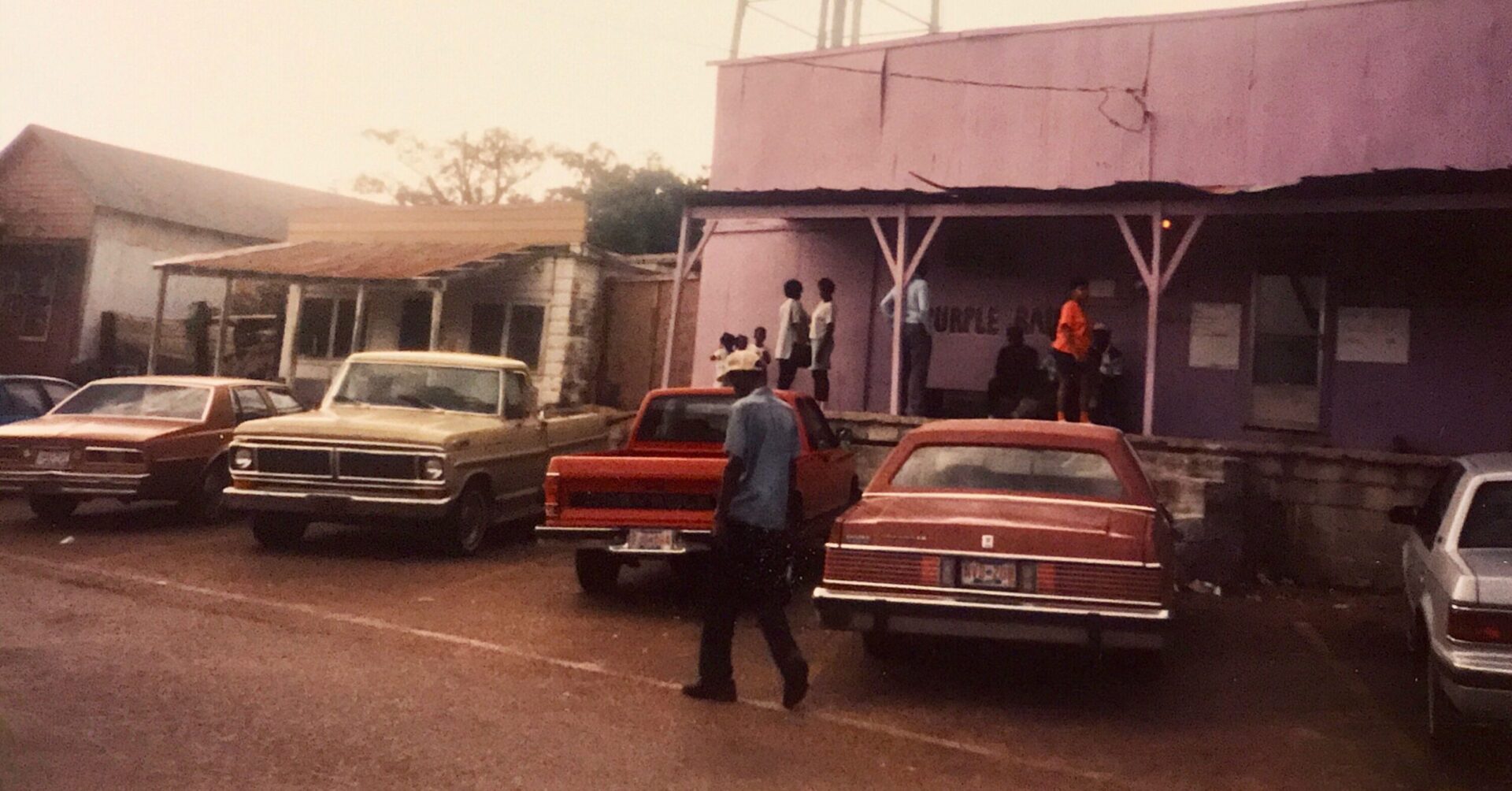The area east of the Jackson State University campus along J.R. Lynch Street is being restored as a historic district. These blocks were the center of the civil rights movement in Mississippi, and they include the Masonic Temple, where many civil rights meetings were held, and the headquarters of the Council of Federated Organizations or COFO, which was the statewide group coordinating all civil rights activity in the state.
Remembering or Honoring?
The Citizens to Save Our Parks and other groups that want to retain Memphis park names that honor the Confederacy often accuse those of us …

